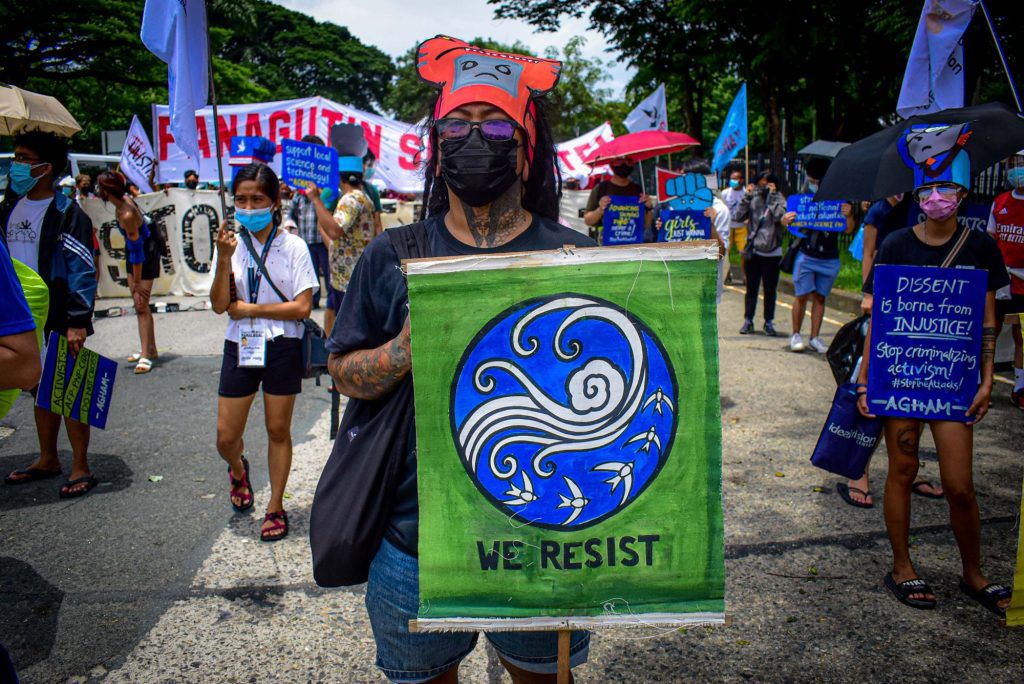
What difference will COP26 make with other “high-level” climate talks? None. If countries repeatedly commit the “business-as-usual” mistake—prioritizing profit over planet and people. Naomi Klein predicted that in the absence of a post-Paris Plan, we can never solve the climate crisis.
The environmental commitments of countries will always be under the pendulum of narcissistic world leaders, to be or not to be committed. Like Donald Trump during his term, completely erasing the commitment of the US; and now, we have China’s pseudo “green commitment,” now acting as a key player in climate negotiations. These are just among the trimmings of climate imperialism—attempting to control the mic on the negotiating table.
Leonardo Boff, one of the pioneering voices of eco-theology, said in his critique of COP26: “They tend to maintain the status quo that benefits them and are opposed to fundamental transformations that would force them to also change their mode of production and reduce their earnings for the global good. So they create obstacles to consensus and stop more drastic measures in view of the evident deterioration of the Earth’s climate balance.”
Dissonant voices outside of the negotiating table
Who speaks for the climate during the climate negotiations? Always the arrogant voices of political leaders and business lobbyists concerned more about development and economic growth. The existing representational imbalance within the climate negotiations often lead to the failure of climate targets.
Our hope is beyond the negotiating framework of the United Nations Framework Convention on Climate Change (UNFCCC).
From among these voices:
Greta Thunberg warned: “The leaders will say we’ll do this and we’ll do this, and we will put our forces together and achieve this, and then they will do nothing. It’s hypocritical to talk about saving the climate as long as you’re still expanding fossil fuel infrastructure […]” (Independent)
Pope Francis, who has been a vocal critic on the evils of capitalism, said in his encyclical Fratelli Tutti: “To care for the world in which we live means to care for ourselves. Yet we need to think of ourselves more and more as a single family dwelling in a common home. Such care does not interest those economic powers that demand quick profits. Often the voices raised in defence of the environment are silenced or ridiculed, using apparently reasonable arguments that are merely a screen for special interests […]” (#17)
Prof. Jose Ma. Sison, the chief political consultant of the National Democratic Front of the Philippines, said during the online forum on Climate Imperialism: “It would take a further development of capitalism to its monopoly stage that science and technology would be used by the monopoly capitalist class to plunder, pollute and ruin the environment to the extent of posing the danger of human extinction. We are now confronted by the problem of huge amounts of carbon dioxide emissions that are causing global warming.” (On Climate Imperialism)
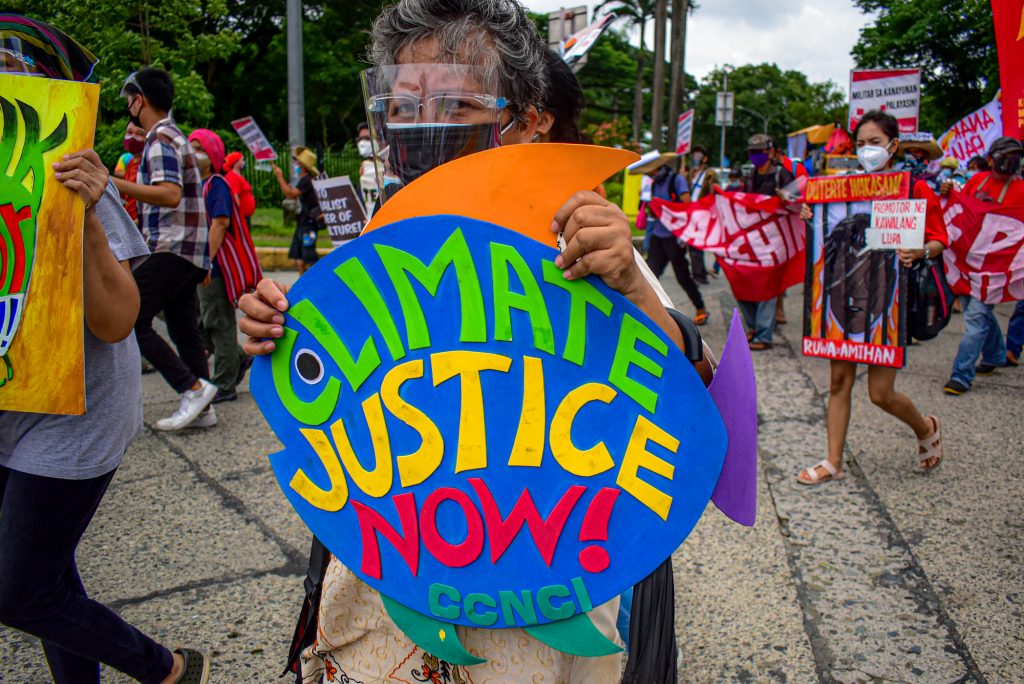
Accountability on the key areas of climate commitment
Climate finance, loss and damage and carbon market rules are the key areas that should be safeguarded; and mostly likely, without the participation of peoples’ organizations, often the implementations mechanisms are left upon the incapacities of political leaders. Only to find out that most of the countries failed to deliver their ambitious national climate targets.
We have seen pseudo-climate adaptations and mitigations of many countries in the past, and the failure to cascade the ecological commitments of every nation. As massive “uncontrolled” developments have continued to rapidly impact the destruction of the planet.
Is the multi-billion climate finance fund downloaded into the core solutions of the climate crisis? Germany alone contributed 5.1 billion euros in 2020. And yet, solutions are still dim.
Deaths of environmental defenders
There is never an official condemnation from the COP on the death of climate defenders. In the year 2020, according to the report of Global Witness there were 227 murdered land and environmental defenders recorded globally. There were 29 persons murdered by the state forces in the Philippines, among them were Zara Alvarez and Jory Porquia, land rights defenders in the Visayas region; and also the “9 Tumandok indigenous people were killed and a further 17 arrested in raids by the military and police on the 30th of December on the island of Panay in the Philippines. Numerous reports state that these communities were targeted for their opposition to a mega-dam project on the Jalaur river.” (Global Witness, Last Line of Defence 2021)
Bishop Gerardo Alminaza of San Carlos said: “We are experiencing ecological injustice everyday. Our failure to connect climate emergency with the deaths of land defenders and indigenous leaders, is a mark of indifference in the care for creation. Our climate advocacy must include the call for justice of our murdered activists.”
Climate imperialism overshadows the importance of the lives lost of the “human defenders,” sacrificing their lives for protecting nature and communities. These countries are only trying to see the trending data of CO2 emissions and the false solutions of mitigations and adaptations; which only emboldens the power of capitalist players to find alternatives of their “economic” pursuits—at the expense of people and planet.
Ending the irony of climate commitments
As there will be increasing climate commitments expected from this year’s COP26, there will also be increasing “climate victims” in the coming years. Where is this dissonance coming from?
You can hear this from the cacophony of speeches of world leaders or representatives of governments. Loren Legarda, representing President Rodrigo Duterte during the COP25 in Madrid, said in her speech: “The Philippines, for its part, has been constant in its climate leadership and commitment to act on the climate emergency. As a parliamentarian for the past two decades, I have personally led innovative policy and strategy development for climate action in my country[…]” But on the ground, mining companies continue to destroy some islands in the country, coal plants are being approved, improved, widened and built; continued assassinations of environmental defenders [and] harassment of indigenous communities.
All are icing on the cake. We cannot eat their empty words. At the end of the day, the people and the planet suffer.
Now is the time to continue marching on the streets of Glasgow—demanding the end of climate imperialism.
Bro. Jaazeal Jakosalem, OAR is a Filipino Laudato Si’ reader. A member of Pusyon Kinaiyahan, an environmental group in the Visayas. Currently based in Germany as a member of PCPR-Europe, working for the Philippine campaigns related to the protection of human rights.

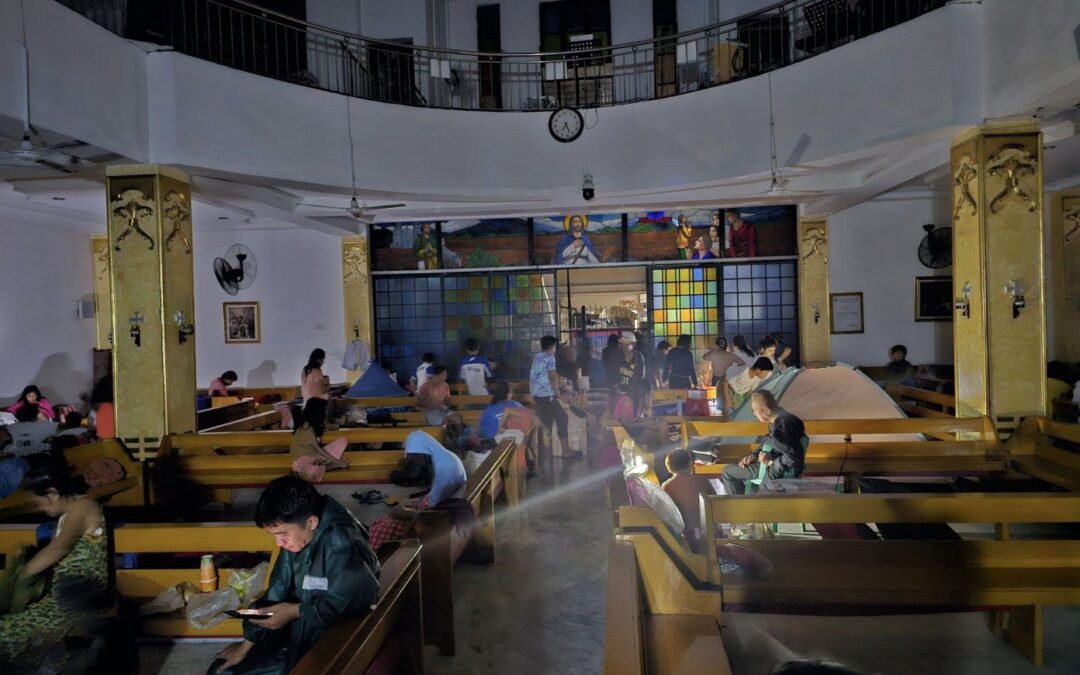
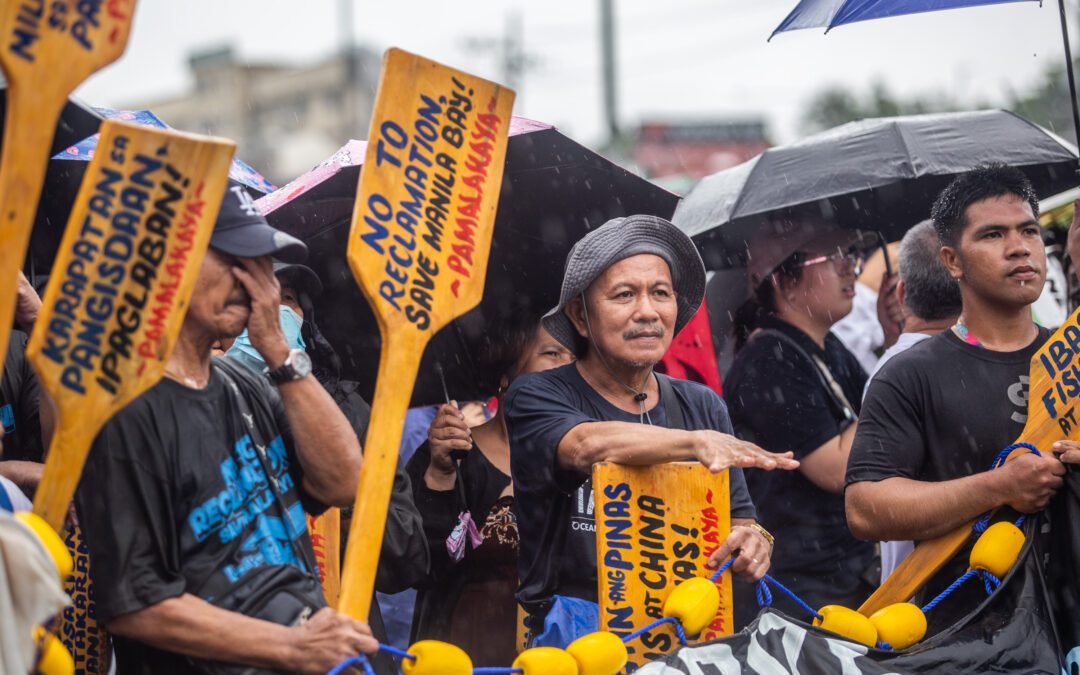
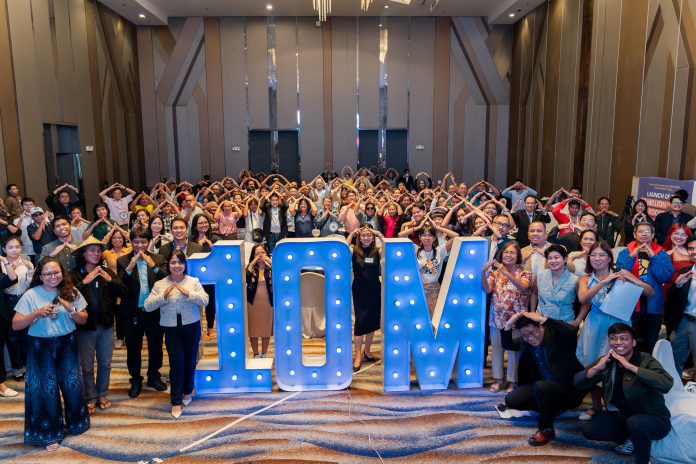
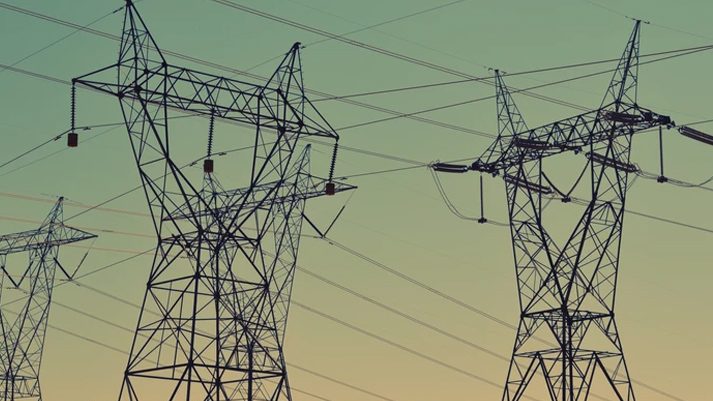
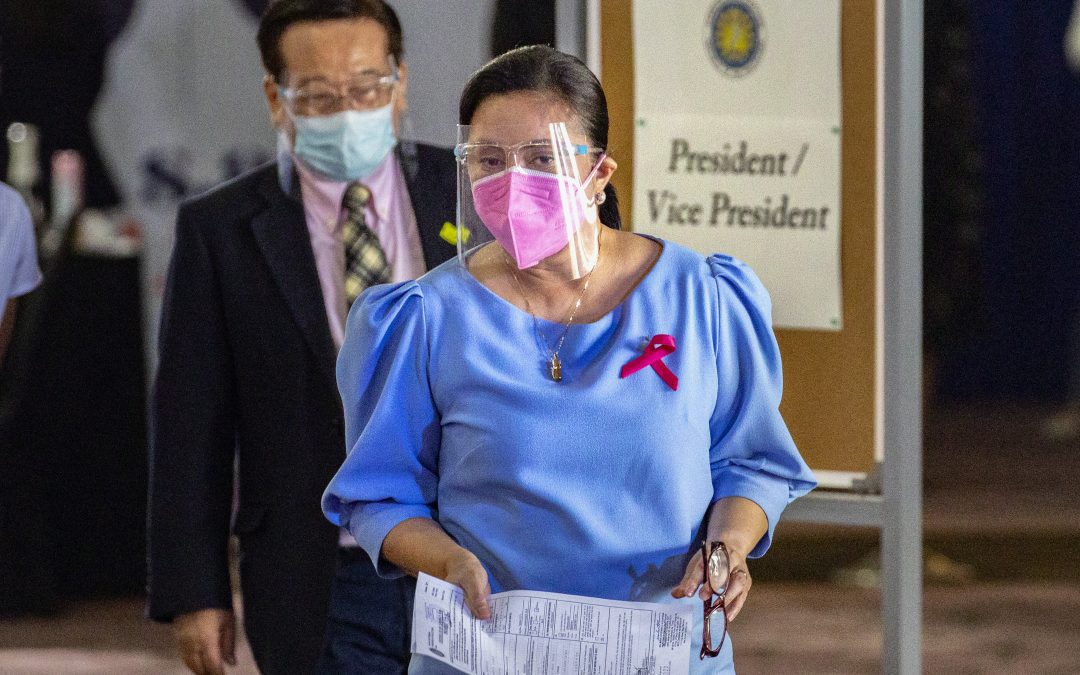
0 Comments